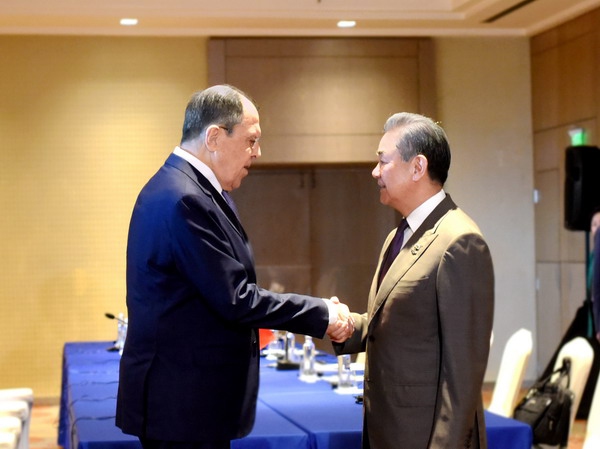China’s public security authorities urged to dismantle dens on gun, explosives crimes in national video conference

A national video conference on public security was held in Beijing on Tuesday, emphasizing the need to combat illegal activities involving firearms and explosives, pornography and gambling, as well as illegal fishing, sand mining, and waterway logistics. The meeting called for strengthened efforts to trace the source, dismantle dens, sever supply chains and disrupt criminal networks, according to China’s Ministry of Public Security (MPS).
The meeting stressed the need to strengthen specialized police forces, improve modern policing mechanisms, and deepen the construction and application of big data systems. It aims to further enhance the rule of law, professionalism, intelligence and social governance in public security, according to a release on the website of the MPS.
The meeting emphasized the need to focus on risk prevention and resolution, and to maintain social stability. It is essential to implement source prevention by advancing grassroots investigations, strengthening professional mediation, and improving coordination mechanisms, while continuously deepening the investigation and resolution of conflicts and disputes, according to the release.
Attention should be made on key elements, and efforts should be made to promote the construction of a comprehensive social security prevention and control system, including coordinating and strengthening patrols and prevention in public areas, enhancing security measures in key locations, and stricter regulation of hazardous materials, in order to continuously narrow the space for criminal activity, said the release.
Proactive crackdowns must be strengthened, with emphasis on early and small-scale interventions, promptly handling leads and potential risks to eliminate hidden dangers. There should also be a deep and thorough approach is required for tackling crimes related to firearms, explosives, and other illegal activities, according to the ministry.
Emergency response mechanisms must be improved by adopting a bottom-line mindset by strengthening emergency forces, enhancing response protocols, and improving emergency capabilities. Targeted and categorized measures should be implemented to safeguard the emergency response front line.
The meeting emphasized the need to keep pace with the times while upholding core principles and fostering innovation. It called for the establishment of a new policing model characterized by “professionalism, refined mechanisms, and big data,” striving to write a new chapter in the modernization of public security work and crime prevention.
